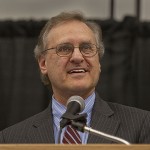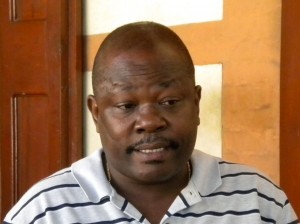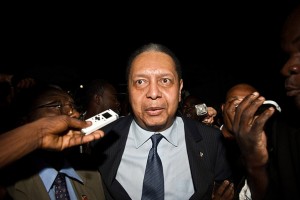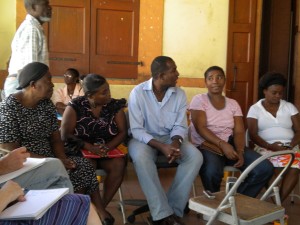by Sue Montgomery. Originally printed in the Montreal Gazette February 28, 2014
MONTREAL — Ten years after Haiti’s first democratically elected president was removed from his country in the middle of the night and dumped in Africa, Canada’s role — and that of Montreal’s current mayor — has been shrouded in secrecy.
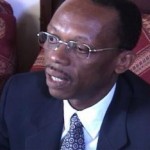 Jean-Bertrand Aristide, the former priest from Haiti’s slums who is reviled by the elite minority and revered by the poor masses, claims to this day he was blindfolded and forced to sign a letter of resignation before being airlifted out and dropped in the Central African Republic.
Jean-Bertrand Aristide, the former priest from Haiti’s slums who is reviled by the elite minority and revered by the poor masses, claims to this day he was blindfolded and forced to sign a letter of resignation before being airlifted out and dropped in the Central African Republic.
The United States, Canada and France all claim he left voluntarily. They say they told Aristide that no one would come to help him — despite the trio’s signed commitment just four years earlier to do so — and that he, his family and supporters would be killed.
“In some ways, the competing stories are a distinction without a difference,” says Brian Concannon, a lawyer with the Boston-based Institute for Justice and Democracy in Haiti. “It is hard to say that in that situation he had a meaningful choice.”
It was another blow to the poorest country in the Western Hemisphere — made destitute by two centuries of racism, greed, revenge and a series of inept and corrupt governments backed by the United States. The Caribbean nation, which shares an island with the better-off Dominican Republic, has had 22 constitutions since winning its freedom in 1804 and lived through 32 coups — 33, if one counts the 2004 ouster of Aristide.
Now, Haitians want an apology from Canada, and particularly Montreal Mayor Denis Coderre.
Continue reading In the News: Secrecy shrouds Canada’s role in Aristide’s ouster from Haiti

